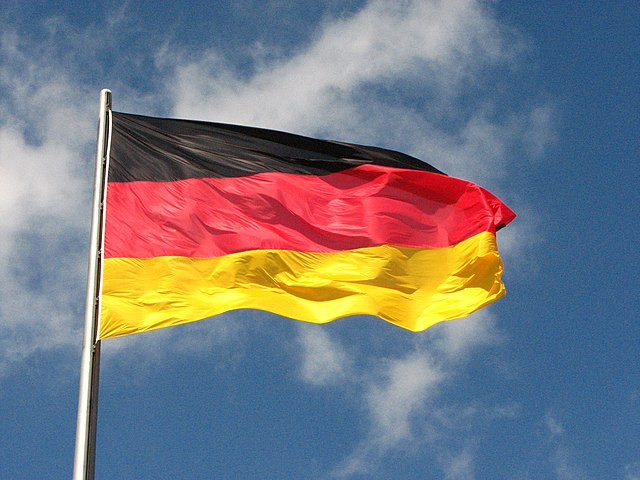Germany has announced a sweeping expansion of border controls in a bid to combat irregular migration and address growing concerns over internal security. The new measures, which will take effect on September 16, were unveiled by Interior Minister Nancy Faeser on Monday and represent a significant shift in the country's approach to managing its borders. The controls will initially last for six months and will apply to all of Germany's land borders, marking a departure from the usual freedom of movement within the European Union's Schengen Zone.
The move comes as Chancellor Olaf Scholz's government faces mounting pressure from opposition parties, particularly the far-right Alternative for Germany (AfD) and conservative factions, which have capitalized on public fears surrounding immigration and security. The AfD, which recently won its first state election in Thuringia, has seen a surge in support by campaigning heavily on the issue of migration.
"We are strengthening internal security and continuing our hard line against irregular migration," Faeser stated in a press conference, emphasizing that the government had informed the European Commission and neighboring countries of the new measures. The decision to impose border controls is part of a broader strategy to curb the influx of migrants and asylum seekers, particularly those fleeing conflicts in the Middle East.
The border controls are also seen as a response to recent violent incidents involving asylum seekers, which have heightened public concerns about extremism. In August, a knife attack in the western city of Solingen, which claimed three lives, was attributed to an asylum seeker who reportedly had ties to the Islamic State. This incident, along with other security threats, has fueled the government's resolve to tighten immigration controls.
Under the new scheme, German authorities will have greater power to reject migrants directly at the borders, although Faeser did not provide specific details on how this would be implemented. The measures could prove to be controversial, as they touch on sensitive legal and humanitarian issues, particularly concerning the rights of asylum seekers. Migration experts have warned that the new approach may strain Germany's relations with neighboring countries, particularly if it leads to an increase in the number of migrants being turned back at the borders.
Germany's recent history of migration policy has been marked by both generosity and backlash. The country took in over a million refugees during the 2015-2016 migrant crisis, mostly from war-torn Syria, but the scale of the influx has since led to political and social tensions. The situation was further complicated by Germany's decision to grant asylum to around a million Ukrainians fleeing the Russian invasion in 2022, even as the country grappled with an energy and economic crisis.
The Scholz government's latest measures build on a series of actions taken in recent years to tighten migration controls. In 2023, Germany reintroduced border checks with Poland, the Czech Republic, and Switzerland, and has since returned 30,000 migrants. The new border controls extend these measures to additional borders with France, Luxembourg, the Netherlands, Belgium, and Denmark.
These controls, however, could test European unity, particularly within the Schengen Zone, where freedom of movement is a core principle. According to EU rules, member states can only introduce border checks as a last resort to avert threats to internal security or public policy. Austria's Interior Minister Gerhard Karner has already stated that his country would not accept migrants turned away by Germany, underscoring the potential for diplomatic friction.
Despite the potential for controversy, the German government is pressing ahead with its plans. "Until we achieve strong protection of the EU's external borders with the new Common European Asylum System, we must increase controls at our national borders even more," Faeser said, underscoring the need for stronger measures until broader EU-wide reforms are in place.






